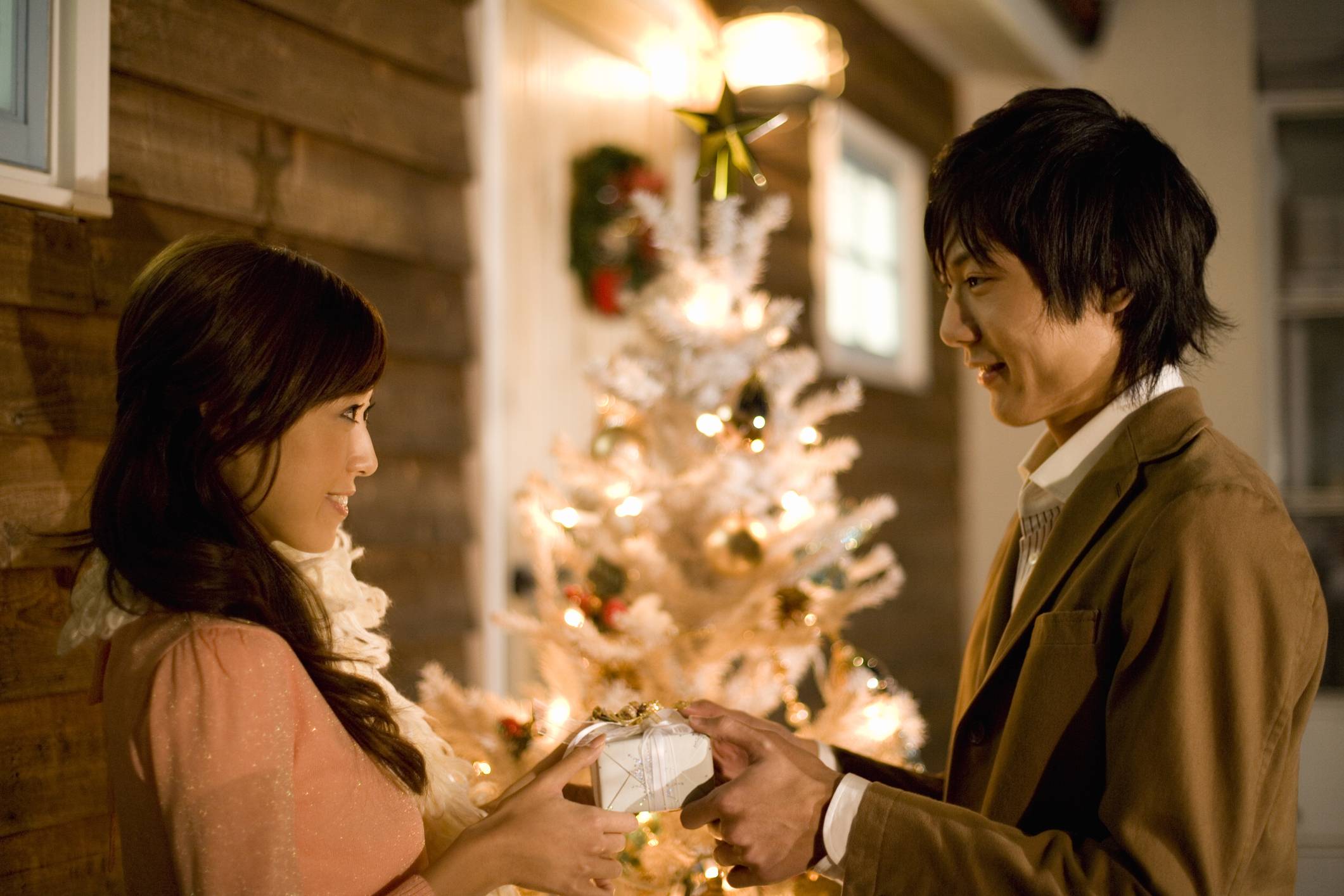Here’s a phrase that you may not immediately associate with the holidays: 懐が寒い (futokoro ga samui), which literally means your 懐 (futokoro, bosom/breast pocket) gets 寒い (samui, cold). In Japan, it’s a way of saying you’re short of cash.
While the Japanese don’t traditionally celebrate the religious aspects of クリスマス (kurisumasu, Christmas), we’ve taken to giving プレゼント (purezento, presents) with enthusiasm.
The giving doesn’t end on Dec. 25th, either. A week after Christmas, the Japanese celebrate お正月 (o-shōgatsu, the new year holidays) with family, and that means more gifts. This time, they come in the form of お年玉 (o-toshidama, new year’s money), given to children by their parents and grandparents. While adults may be pleading 懐が寒くなった (futokoro ga samuku natta, I’ve become broke), the kids will likely be squealing 懐が暖かい (futokoro ga atatakai, I’m rich)! Well, if they speak in an old-timey way, that is. These idioms aren’t often popular with 7-year-olds.

















With your current subscription plan you can comment on stories. However, before writing your first comment, please create a display name in the Profile section of your subscriber account page.